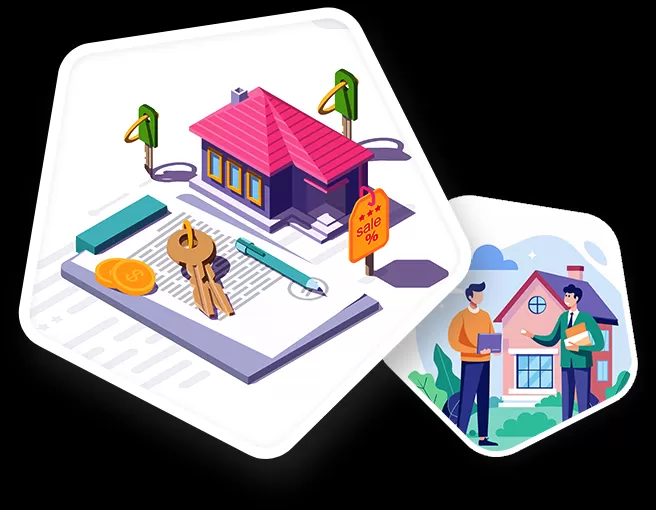Notifications

7 minutes, 27 seconds
-258 Views 0 Comments 0 Likes 0 Reviews

Are you struggling with multiple debts and thinking about debt consolidation? Many people in Vancouver are unsure about whether debt consolidation is the right option for them. There are a lot of myths surrounding this financial strategy that can make it difficult to understand. These misunderstandings can cause unnecessary worry and make it harder for individuals to make informed decisions.
Let’s take a closer look at the ten most common myths about debt consolidation and clear up the confusion. By the end of this post, you’ll be able to make a more confident decision about whether debt consolidation is the right step for you in Vancouver.
Many people believe that debt consolidation is only an option for those with poor credit scores. However, this is not true. While it may seem like a solution for individuals with damaged credit, anyone can consider debt consolidation as long as they have multiple debts that are becoming difficult to manage. Whether you have good or bad credit, consolidating your debts can help you simplify your payments and potentially lower your interest rates.
Another common misconception is that debt consolidation will automatically reduce the total amount of money you owe. The goal of debt consolidation is to combine multiple debts into a single payment, which may make things easier to manage. However, it doesn’t always reduce the overall debt. If you get a consolidation loan with a longer term or higher interest rate, you could end up paying more in the long run. It’s important to evaluate the terms of your new loan carefully to ensure it benefits you.
Many people are worried that debt consolidation will negatively impact their credit scores. While it’s true that taking on new debt can have an initial impact on your credit score, consolidating your debts can actually help improve your score over time. If you keep up with your payments and avoid missing any, your credit score could increase because you’ll be reducing the number of open accounts and late payments.
Debt consolidation is often confused with bankruptcy, but they are very different processes. Bankruptcy is a legal process that can help you eliminate most of your debts, but it also comes with significant long-term consequences, such as damage to your credit score and difficulty obtaining new credit.
Some believe that the only way to consolidate debt is by taking out a new loan. While this is one option, it is not the only method of consolidation. There are other ways to consolidate, such as using a balance transfer credit card or enrolling in a debt management plan with a credit counselling agency.
It’s not true that you’ll never be able to get credit again after consolidating your debt. While you may see a temporary dip in your credit score when consolidating, once you have made consistent, on-time payments, you will be in a better position to apply for credit in the future. The key to improving your credit after consolidation is demonstrating responsible financial behaviour over time.
Debt consolidation may seem like a free solution, but it often comes with costs. If you choose to go through a credit counselling agency, they may charge fees for their services. Similarly, consolidation loans can come with interest rates and fees. It’s important to understand all costs associated with consolidation before you commit to a plan.
While debt consolidation can help you manage your debts more effectively, it doesn’t solve all of your financial problems. Consolidating your debt can make things easier to handle, but it’s not a magical solution. You will still need to address any underlying financial habits, such as overspending or not budgeting properly, to avoid getting into debt again.
Debt consolidation is not an overnight fix. While consolidating your debt can simplify your payments, it may take time to fully pay off your debt, depending on the terms of your loan or repayment plan. It’s important to have realistic expectations and understand that it will require discipline and time to become debt-free.
Some people think that not all debts can be consolidated. While it’s true that certain debts, like student loans or tax debts, may not be eligible for some forms of consolidation, many types of unsecured debts, such as credit card debt and personal loans, can be consolidated. It’s worth looking into your specific situation to determine if your debts qualify for consolidation.
Debt consolidation in Vancouver can be a helpful tool for managing multiple debts, but it’s important to understand the facts. Just be sure to carefully assess your options and avoid common pitfalls to ensure that it is the right choice for you.

